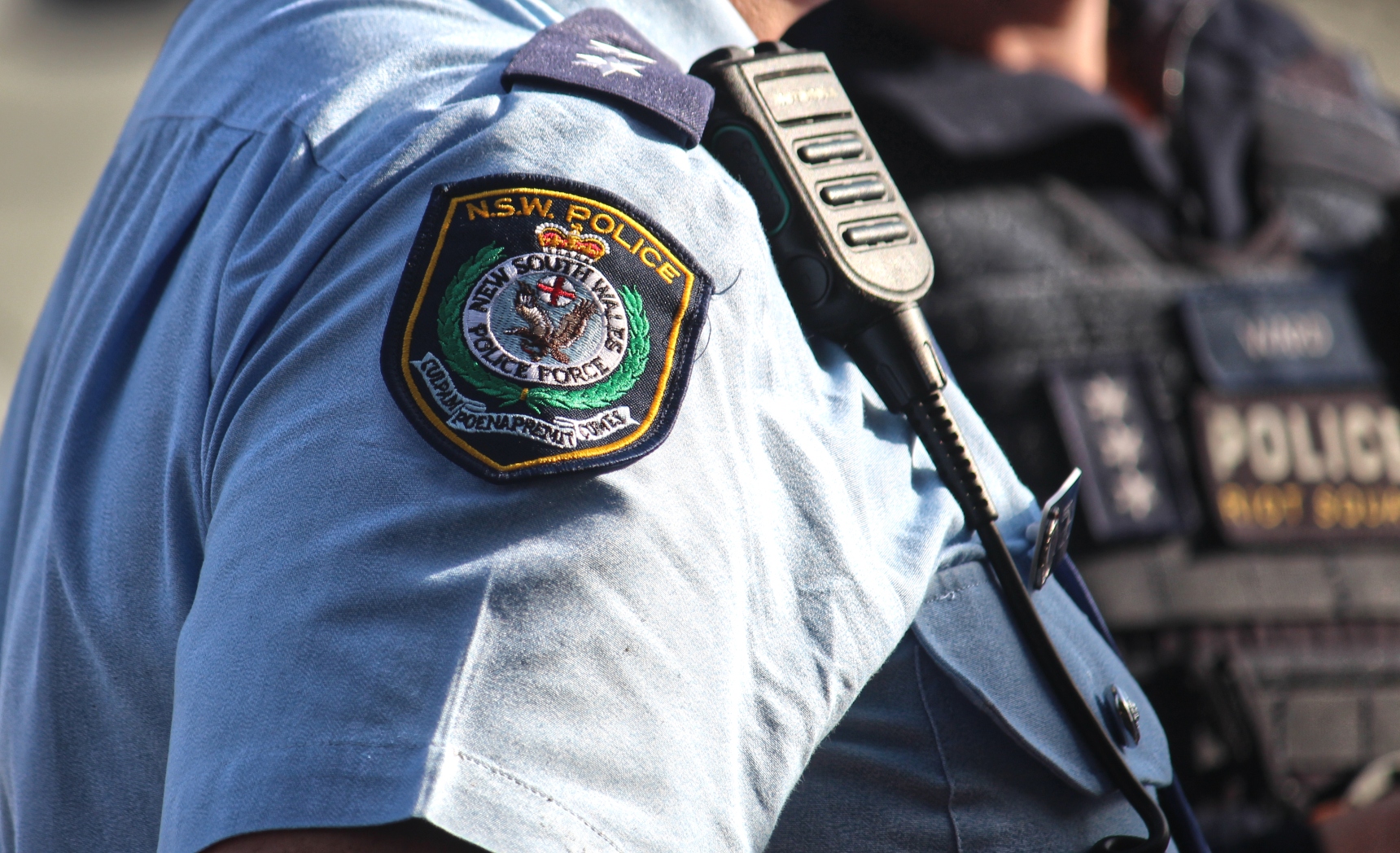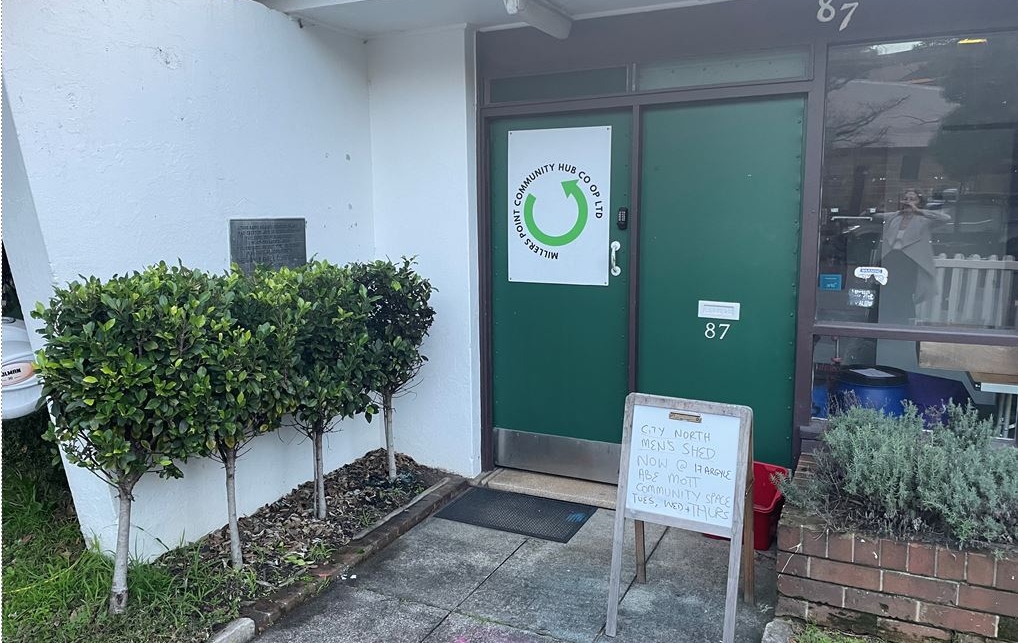

By CHRISTINE LAI
The NSW Labor government has announced an extension on temporary accommodation, increasing the initial period of 2 days to 7 days for those seeking emergency housing support, but Greens politicians are saying the alternations do not go far enough.
Under the reform, individuals in crisis situations including women and children escaping domestic violence will be able to seek an extended period of temporary accommodation.
The Department of Communities and Justice (DCJ) has also made changes to the eligibility requirements for individuals seeking temporary accommodation, raising the asset cap to from $1000 to $5000. The reform has also removed the asset requirement for individuals who are escaping domestic or family violence.
According to the NSW government, clients will continue to receive temporary accommodation while seeking longer-term accommodation options, on the condition they are willing to explore available accommodation alternatives.
Greens demand removal of limits on temporary accommodation
The Greens are advocating for additional measures that go beyond the 7 day cap.
Member for Newtown and Greens Spokesperson for Housing and Homelessness Jenny Leong declared that the Greens want limit on temporary accommodation removed. She stated it would be “near impossible” for anyone seeking long-term secure housing to achieve this feat in “just 7 days – let alone people experiencing crisis”.
Leong expressed dissatisfaction with the 5-day extension of the limit on temporary accommodation in light of the ballooning public housing waiting list and the lack of affordable rentals within the private housing market in NSW.
“There is a dire shortage of transitional housing options, and affordable rentals in the private housing market are non-existent.
“Any limit on temporary accommodation fails to put vulnerable people’s needs first – it is not a stable solution and means too many people will be forced back into unsafe situations”, she said.
Greens Spokesperson for Gendered Violence and Abuse Abigail Boyd also denounced the new 7-day period, reflecting on the housing and cost-of-living crisis that NSW residents are still experiencing.
“It’s almost impossible to find permanent accommodation, be approved and move somewhere within a week. It’s not just an unrealistic expectation, it’s a dangerous one. Limiting crisis accommodation is one of the largest obstacles to escaping violence. The 7-day period is still 3 weeks short of the period that experts in the DFV sector have been calling for as their minimum ask, for years now,” Boyd said.
Temporary accommodation reform a good start, says Homelessness NSW
Homelessness NSW, a not-for-profit peak agency for homelessness services in NSW, conducted a survey in May this year to obtain feedback on opportunities to improve temporary accommodation for people experiencing homelessness in NSW.
The agency submitted 12 interim recommendations to the NSW government. These included, for example, the removal of the annual 28 day cap for temporary accommodation and the removal of the eligibility requirement for people experiencing domestic violence to have less than $1000 in their bank account.
Homelessness NSW Manager of Policy and Research Dr Kate Davies welcomed the changes to temporary accommodation, calling the extension “sensible” because it prioritises people’s pathway out of homelessness over the processes.
“Having $1,000 dollars in a bank account does not get you very far if you are fleeing domestic and family violence. The threshold also does not account for instances of financial abuse that means someone may not be able to access the funds in the first place,” Dr Davies said.
Measures to tackle cost of living crisis
City Hub contacted MP Rose Jackson for comment in response to the state government’s reforms. When asked what other measures the Ministry of Housing would be undertaking to address the current cost of living crisis and the challenges faced by individuals and families in accessing affordable housing, Jackson’s office responded: “We’ve made changes to Temporary Accommodation to create a better place for people in crisis.”
“[We have] put a 12 month freeze on the requirement for people seeking temporary accommodation to complete a rent seeker diary as we thoroughly review and assess this scheme.”
MP Jackson’s office responded to concerns by City Hub about the stretched resources of temporary accommodation services, specifically in relation to the NSW government’s extension of temporary accommodation from 2 to 7 days.
“The average stay for someone in temporary accommodation is 11 days. By extending temporary accommodation we are removing the bureaucratic barrier for vulnerable people who previously would have to re-apply every 2 days. These reforms also help to alleviate the administration burden on those working with people urgently seeking shelter – so they can focus on getting people the help and wrap around support they need”.
The NSW Government has also committed to allowing a 2-year extension of Specialist Homelessness Services contracts. This is intended to provide stability for vulnerable people.
To access the 7-day temporary accommodation period, individuals are required to contact Link2home, which is a state-wide homelessness information and referral telephone service. Link2home offers assessments and referrals to specialized homelessness services, temporary accommodation, and other suitable support services for those experiencing homelessness or at risk of homelessness.









